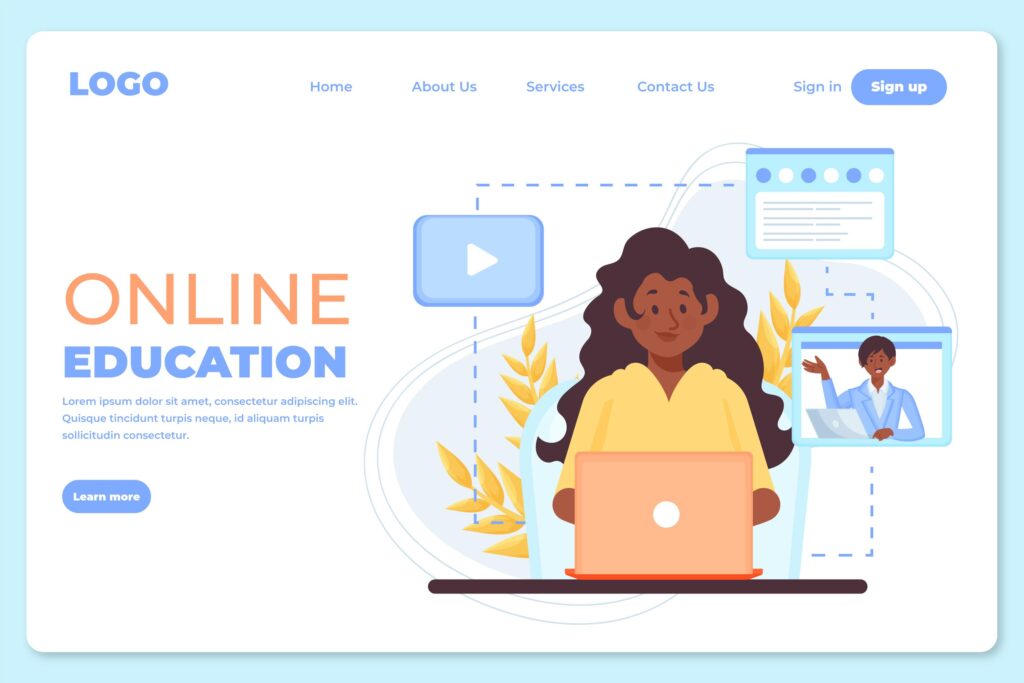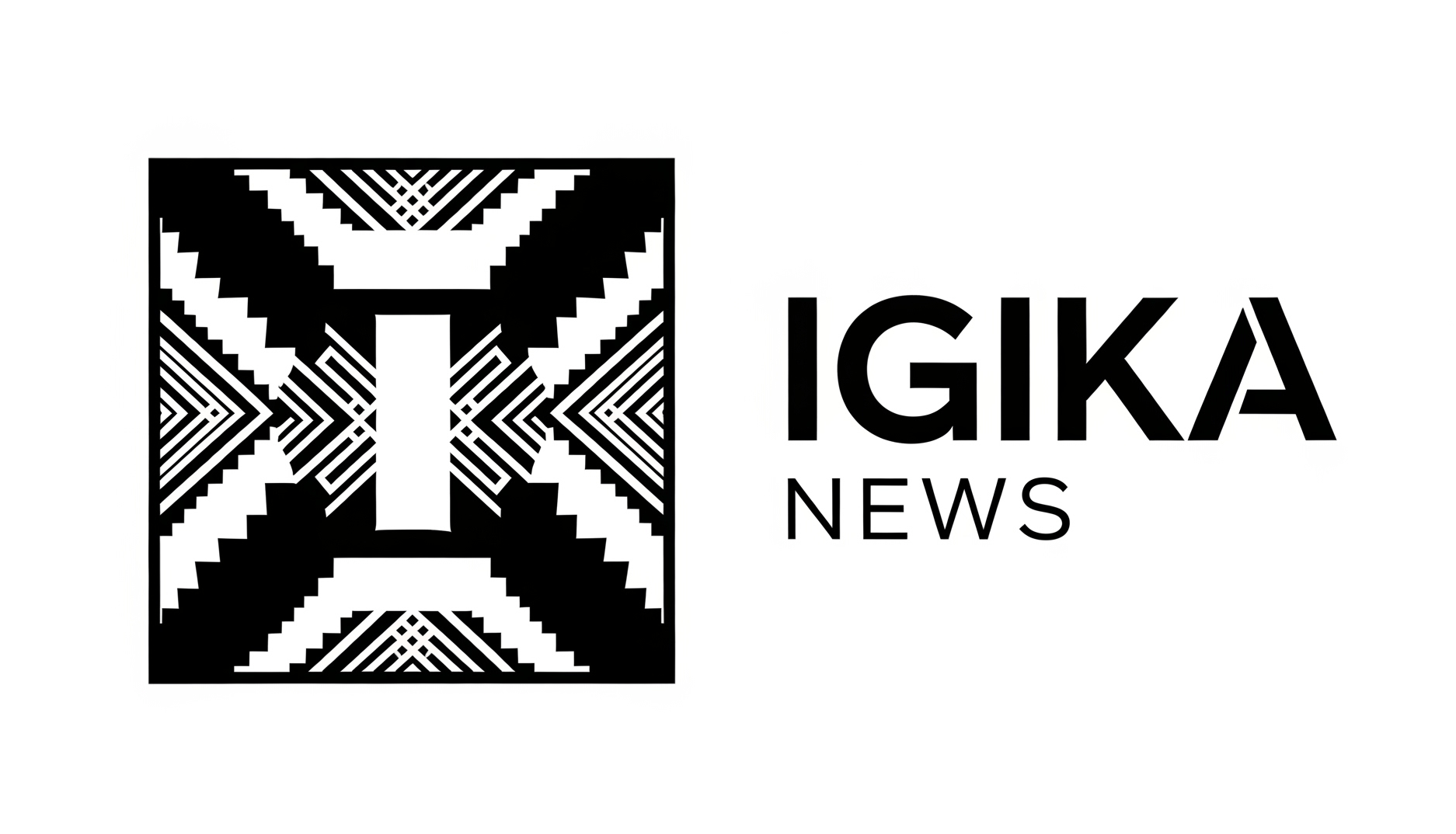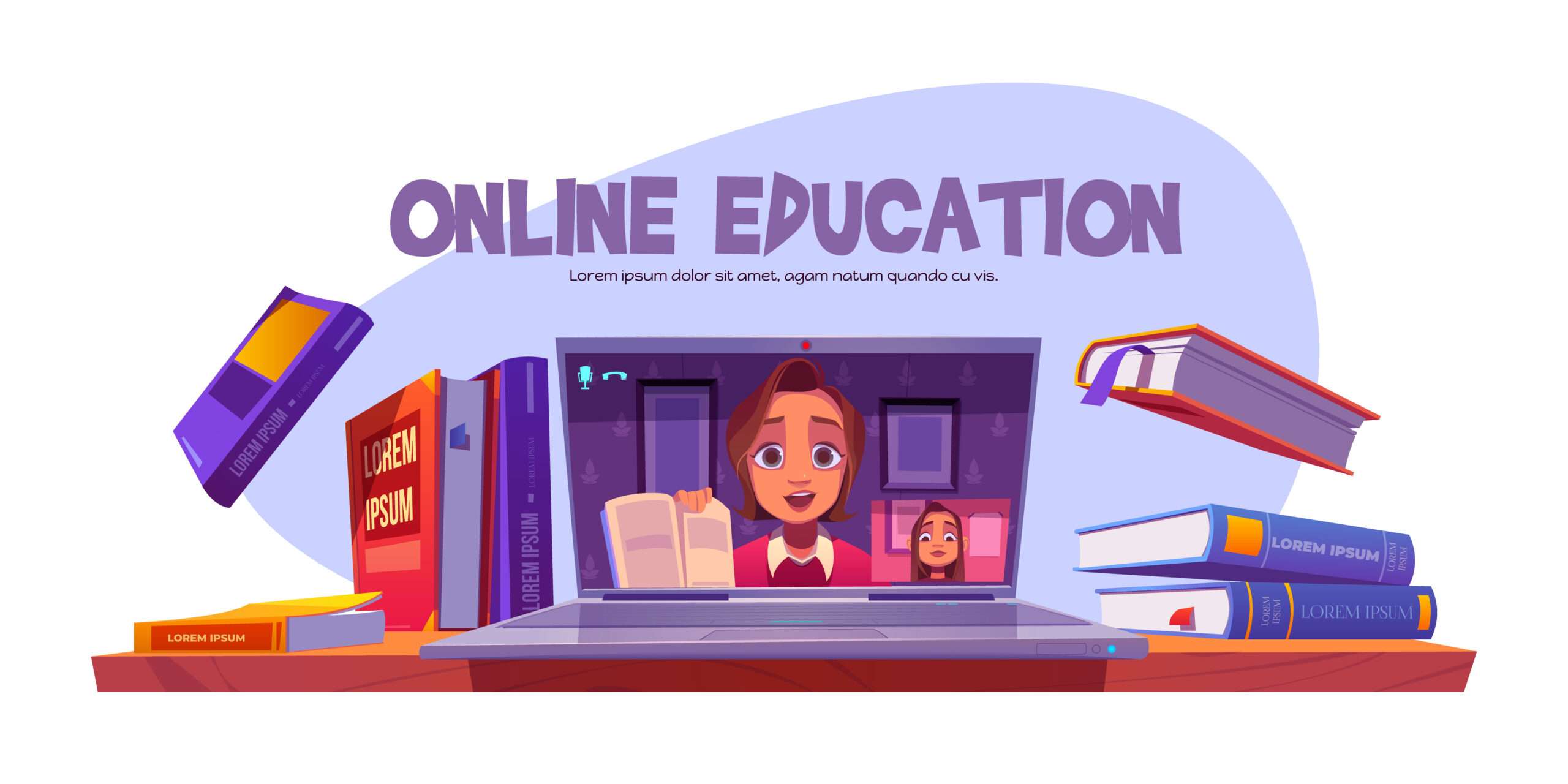Slug: how to choose the best online course
The Online Learning Boom: Why Having Options is Both a Good Thing and a Bad Thing
A few years ago, “online learning” might have made you think of blurry videos or PDFs that didn’t move. Today, it is a multi-billion-dollar industry that offers everything from short micro-credentials in Python coding to full online degrees in artificial intelligence. Platforms like Coursera, edX, Udemy, LinkedIn Learning, and many university-specific sites have made it easier for everyone to learn. You can now easily find world-class teachers and cutting-edge content.
This ease of access is definitely a good thing. It lets a working professional in Kigali get a degree in digital marketing from a top European university or a budding entrepreneur learn advanced financial modeling from an industry expert in Silicon Valley, all without leaving their home or changing their daily routine. There is no other online course that is as flexible and has as many students from around the world.
But having so much information also makes things harder because it can be too much to handle. How can you tell the difference between an online course that is worth your time and money and one that is not? The key is to choose carefully, not on the spur of the moment.
Why it’s more important than ever to find the right online course in 2025
In a world where technology changes quickly and job markets change all the time, learning new things all the time isn’t just a good thing to do; it’s a must. Five years ago, some skills were very useful, but they may not be as useful now. New skills are always coming up. The difference between stagnation and growth is the ability to learn new things quickly and well.
Career Advancement: An online course can help you get a promotion, change careers, or just stay competitive in your current job. There are many areas where specialized online courses are very useful, such as data science, cybersecurity, digital marketing, AI ethics, and sustainability practices.
Personal Growth: Online courses are a great way to grow as a person, not just in your career. Pick up a new language, learn how to play a musical instrument, study philosophy, or start a new hobby.
Cost-Effectiveness & Flexibility: Many online courses are much cheaper and more flexible than traditional ones, so you can fit them into your busy life with work, family, and other responsibilities.
Networking Opportunities: Many platforms make it easy to talk to other students and teachers, which can help you build global networks that can lead to new collaborations and opportunities.
Knowing these deep benefits shows why “Choosing the Best Online Course” is an important skill in and of itself. It’s a way to make your future better.
What do you want to accomplish? Setting your North Star
Before you even start looking through course catalogs, the most important thing you can do to “Select the Greatest Online Course” is to make your goals clear. If you don’t have a clear goal, you’re just throwing darts in the dark.
Step 1: Look within yourself and ask yourself what drives you.
Think about these basic questions:
Why do I want to sign up for an online class? For example, to change careers, get a promotion, learn a new hobby, brush up on old skills, get a specific certification, or satisfy intellectual curiosity.
What exact issue do I want to fix or skill do I want to learn? For example, “I need to learn Python for data analysis,” “I want to understand blockchain technology,” “I want to get better at public speaking,” or “I need to pass the PMP certification exam.” Be as clear as you can.
What do I already know about this? Am I just starting out, in the middle, or at an advanced level? This will have a direct effect on the kind of course you need.
How much time can I really give? Be truthful with yourself. Study every day, every week, or just sometimes? Do you like deadlines that are flexible or set?
How much money do I have? Are you looking for free resources, cheap certificates, or a bigger investment in a specialized program?
Get a pen and paper or open a digital document as a useful tip. Write down your answers to the questions. This clarity will help you stay on track during the selection process. For example, if you want to “change careers into tech” and you only know “beginner,” you’ll have a much smaller pool of candidates. If your budget is “free,” that also tells you what to do.
The Due Diligence Deep Dive: Important Things to Think About When Choosing an Online Course
Now that you know what you want, it’s time to be a smart detective. There are differences between online courses. Here are the most important things to carefully think about:
Step 2: Credibility and Accreditation—Is it Known?
This is very important, especially if you want to move up in your career or in school.
Accreditation: Make sure that the school offering the online course is accredited by a recognized body if you want to get a degree, diploma, or professional certificate.
Accreditation is important because it shows that the school and its programs meet certain quality standards. Credits from schools that aren’t accredited might not be transferable, and employers might not accept qualifications. It’s very important to know about local and international accreditation bodies in Rwanda or anywhere else.
What is the reputation of the platform (like Coursera, edX, or Udacity) or the independent course creator if it’s not a formally accredited institution?
Look for partnerships with well-known colleges or leaders in the field.
Make sure that the certification is recognized in the field.
Who is teaching the course? What are the instructor’s credentials?
Do they have a lot of experience in the field? Are they well-known experts?
Look at their work history, publications, or contributions to the field. A knowledgeable and interesting teacher can make or break an online course.
How to Pick an Online Course Source: DigitalDefynd https://digitaldefynd.com/IQ/how-to-choose-the-right-online-course/ (Stresses the importance of the instructor’s knowledge and enthusiasm).
Tip: Don’t just believe what a course says. Check the accreditation body, the instructor’s LinkedIn profile, and the platform’s history and partnerships.
Step 3: Content and Curriculum—Does it Give You What You Need?
This is where you look closely at the actual learning materials.
This is your plan: the syllabus or course outline. Does it clearly list the goals of the learning, the modules, the topics covered, and what is expected?
Does the content fit with the goals you set in Step 1?
Is it current, especially in fields that change quickly, like technology or digital marketing?
Depth and Breadth: Is the course deep enough for your needs, or is it just a quick overview? On the other hand, is it too hard for a beginner?
Practical Application vs. Theory: Does the course focus on skills you can use right away, like coding exercises, case studies, and projects, or is it all theory? The “best online course” usually has a good mix of both.
Does the course need any specific software or tools? Do you have to buy them separately, or are they included? Make sure you can get to them or can afford them.
Tip: A lot of platforms let you see a preview or try it out for free. Use these to see how the teacher teaches, how good the videos are, and how clear the course material is.
Step 4: Learning Experience and Engagement—How Will You Learn?
If the learning experience is bad, even the best content can fall flat.
Instructional Design: Was the online course made just for the internet, or is it just a series of recorded lectures? Search for:
Quizzes, assignments, simulations, virtual labs, interactive exercises, and peer reviews are all examples of interactive elements. These make people more interested and keep them coming back.
A wide range of multimedia, such as high-quality videos, interesting infographics, downloadable resources, interactive notebooks, and transcripts.
Community and Interaction: Learning can make you feel alone. Does the class have
- Discussion Forums: Forums that are always open for students to ask questions and talk to each other and their teachers.
- Live Sessions/Webinars: Times when you can talk to the teacher or guest speakers in real time.
- Group Projects and Peer Collaboration: chances to work with other students and improve your networking skills.
How easy is it for the instructor to answer questions and give feedback? Is there a staff member who is only there to help?
Help and Resources: What other help is available besides the course material?
Help with the platform’s technical issues.
Access to more resources, such as e-books, research papers, or career services (especially for longer programs).
Tip: Look for reviews that talk about the interactivity and support in particular. If you can, try to get in touch with former students on LinkedIn and ask them how involved their teachers were.

Step 5: Time Commitment and Flexibility—Does It Work for You?
People know that online learning is flexible, but that doesn’t mean you don’t have to commit to it.
Structured vs. Self-Paced:
Self-Paced: You can learn at your own pace, which gives you the most freedom. This is great for people who are busy or like to learn a lot at once.
Structured or cohort-based: There are set start and end dates, weekly deadlines, and maybe even live sessions. Gives people more responsibility and a sense of belonging.
Estimated Study Hours: Does the course make it clear how many hours a week you need to study? Be honest about how available you are. Burnout can happen if you think too highly of yourself.
How long is it? Is it a short course (a few hours), a specialization (weeks to months), or a full degree program (years)?
Accessibility: Are you able to access content on more than one device, like a laptop, tablet, or phone? Can you download it to watch later?
Tip: Before you sign up, set aside time in your calendar to study. Make it like an appointment you can’t miss. Even 30 minutes every day can make a big difference.
Step 6: Cost and Value (ROI)—Is It Worth the Money?
The price is only one part of the puzzle. Think about the return on your investment.
Tuition and fees: Look at the prices of similar courses at different schools. Watch out for courses that are very cheap because they might not be good.
Are there extra costs for materials, software licenses, proctored exams, or certification?
Financial Aid/Payment Plans: Look into ways to pay for school, like scholarships, employer sponsorship, or payment plans.
Return on Investment (ROI):
- Career Advancement: Will this online course help you get a raise, a promotion, or a new job? If you can, put a number on this (for example, the average salary increase for a certified professional in that field).
- Learning a skill: How useful is the skill you’re learning in today’s job market?
- Personal Fulfillment: The return on investment isn’t always just money; personal growth is also valuable.
Tip: Don’t think of the course fee as an expense; think of it as an investment in yourself. To get an idea of your possible financial return on investment (ROI), look up the average salaries for jobs that require the skills you’ll learn.
Step 7: What Do Other People Say? Reviews and Testimonials
The knowledge of all the past students is very useful.
Platform Reviews: Most big platforms, like Coursera, Udemy, and edX, let users rate and review individual courses. Look for patterns that happen over and over again, both good and bad.
External Review Sites: Check out ClassReviewed.com, DigitalDefynd, or Reddit forums that focus on online learning for reviews.
Alumni Feedback: If you can, get in touch with people on LinkedIn who have taken the online course you’re thinking about. Their ideas can be very helpful.
Case Studies/Success Stories: Find stories about how the course has helped other people reach their goals.
Tip: Don’t just look at the overall star rating. Read the full comments. Are the complaints about small technical problems or big problems with the quality of the content or the effectiveness of the instructor? Put recent reviews at the top of your list.
How to Find Your Way Around the World of Online Courses: Platforms and Formats
To “Select the Greatest Online Course,” you need to know how the ecosystem of online learning providers works.
The Most Popular Online Learning Sites in 2025
Coursera works with colleges and businesses to offer guided projects, specializations, professional certificates, and even full degrees. Famous for having content that is both high-quality and academically challenging.
Skillshare is a site that focuses on creative and hands-on skills, with a strong community focus and project-based learning.
University and Institution-Specific Platforms: A lot of universities, like Harvard, MIT, Stanford, and more recently, local schools in Rwanda, offer their own online courses or degrees right on their websites.
Bootcamps and specialized programs are short, intense programs (usually in tech fields like coding, data science, and UX design) offered by companies like General Assembly, Flatiron School, or local Rwandan tech academies.
Different Types of Online Courses
MOOCs, or Massive Open Online Courses, are usually free to take, but you have to pay for verified certificates. Great for learning about things.
Specializations and professional certificates are a series of courses that build on each other and lead to a professional credential. Great for getting good at something.
Micro-credentials, or badges, are short, focused courses that show you have certain skills. Great for targeted skill building.
Online degrees: You can get a full bachelor’s, master’s, or doctoral degree entirely online. A big promise.
Live Online Classes: Video conferencing lets you have synchronous sessions that are like being in a real classroom.
Hybrid/Blended Courses: These have both online and in-person parts. This is less common for fully “online course” selection, but it is relevant for local Rwandan institutions.
Interlink Idea: [Link to your article “Online vs. Traditional Learning: Unveiling the Best Fit for Your Learning Styles and Engagement”]. Here is where the reader can learn more about the idea of blended learning.
Tip: Don’t stick to just one platform. You can compare content, teachers, and prices for the same or similar subjects by searching across multiple sites.
Putting What You Learned into Practice Outside of Class
“Choosing the Best Online Course” is only half of what you need to do. The other half is finishing it and putting what you’ve learned into practice.
Useful Advice for Getting the Most Out of Your Online Course
Set clear, realistic goals and keep going back to them. Keep reminding yourself why you’re taking the course. This drive will help you get through tough times.
Set up a study area: Pick a quiet, comfortable place where you won’t be disturbed. This tells your brain to pay attention.
Make a regular schedule: Treat your online course like a real appointment. Set aside certain times each week to study, even if it’s just 30 to 60 minutes a day. Long sessions that happen every now and then are not as good as short ones that happen all the time.
Don’t just consume; get involved.
- Write down notes (by hand or on a computer, whatever works best for you).
- Stop videos to think, watch hard parts again, or look up words.
- Join in on discussion boards. Talk to your classmates, ask them questions, and share what you know.
- Do all of your homework, even if you don’t have to. Practice makes what you learn stronger.
- Use what you learn right away: The best way to make sure you remember new skills is to use them.
- If you’re coding, start a small project.
- If it’s marketing, use a new plan for your business or a made-up case.
- If it’s a language, practice speaking or writing every day.
Don’t be afraid to reach out to your classmates and teachers. Your classmates can give you different points of view, and your teachers are there to help you. Make connections.
Take breaks and don’t get burned out: staring at a screen for hours is a waste of time. Study for 25 minutes and then take a 5-minute break with the Pomodoro Technique. Take a break from your desk, stretch, or do something else.
Use the support resources: If the course has tutoring, office hours, or technical support, use them when you need them. Don’t suffer in silence.
Celebrate Milestones: Recognize how far you’ve come! You should celebrate your hard work when you finish a module, a big project, or get a certificate.
Think about what worked and what didn’t after finishing a course. Did it help you reach your goals? What could you do differently next time you take an online course? This way of thinking about always getting better is important for lifelong learning.
Interlink Idea: [Link to your article “How Online Learning is Changing the Classroom Environment”]. This talks about more general ways to get people involved and how the roles of learners are changing.
Making Your Skills Future-Proof: The Ongoing Journey of Online Learning
The digital economy is always changing, so you need to be willing to learn new things all the time. “Choosing the Best Online Course” is something you should do over and over again as you grow both personally and professionally.
How Online Courses Help You Learn for Life
- Adaptability: In today’s job market, the most important thing is being able to quickly learn new skills and adjust to changing needs. Online courses give you the flexibility you need for this.
- Upskilling and Reskilling: An online course lets you learn new skills for your current job or learn new skills for a completely different job as industries change. For instance, a traditional marketer might learn more about AI-driven analytics or switch careers and become a cybersecurity expert.
- Micro-credentials and stackable learning: The trend toward micro-credentials means you can learn specific, verifiable skills much faster than getting a full degree. Over time, you can build a portfolio of skills. These “stackable” credentials can even help you get bigger degrees in the long run.
Tip: Make a plan for how you want to learn. What skills will you need for your job in the next one, three, or five years? Look into online courses that can help you learn those skills on your own.
Conclusion: Your Doorway to Endless Learning
“Choosing the Best Online Course” is a planned activity, not a random one. It takes being aware of yourself, doing a lot of research, and knowing what makes an online learning experience really meaningful. By carefully looking at your goals, the course’s credibility, content, learning experience, flexibility, and value, you give yourself the power to make smart decisions that pay off big.
The world of online learning is a huge, always-growing sea of information. It gives everyone, no matter where they are, the chance to learn, grow, and reach their goals. For example, a student in a rural Rwandan village with a smartphone or an executive in a busy city looking for an edge can use it. Accept this journey with purpose, and every online course you choose will help you become more knowledgeable, skilled, and happy in the future.
So, go ahead and look around. Choose the online course that will be the best fit for your own learning journey. The knowledge is waiting.
source:
AUG Student Services: 10 steps to choosing a course you are truly interested in https://augstudy.com/guide/course-guide/10-steps-to-choosing-a-course/
CareerFit: The Role of Online Courses in Career Development https://careerfit.com/the-role-of-online-courses-in-career-development/
DigitalDefynd: How to Choose an Online Course? [An Ultimate Checklist] [2025] https://digitaldefynd.com/IQ/how-to-choose-the-right-online-course/














